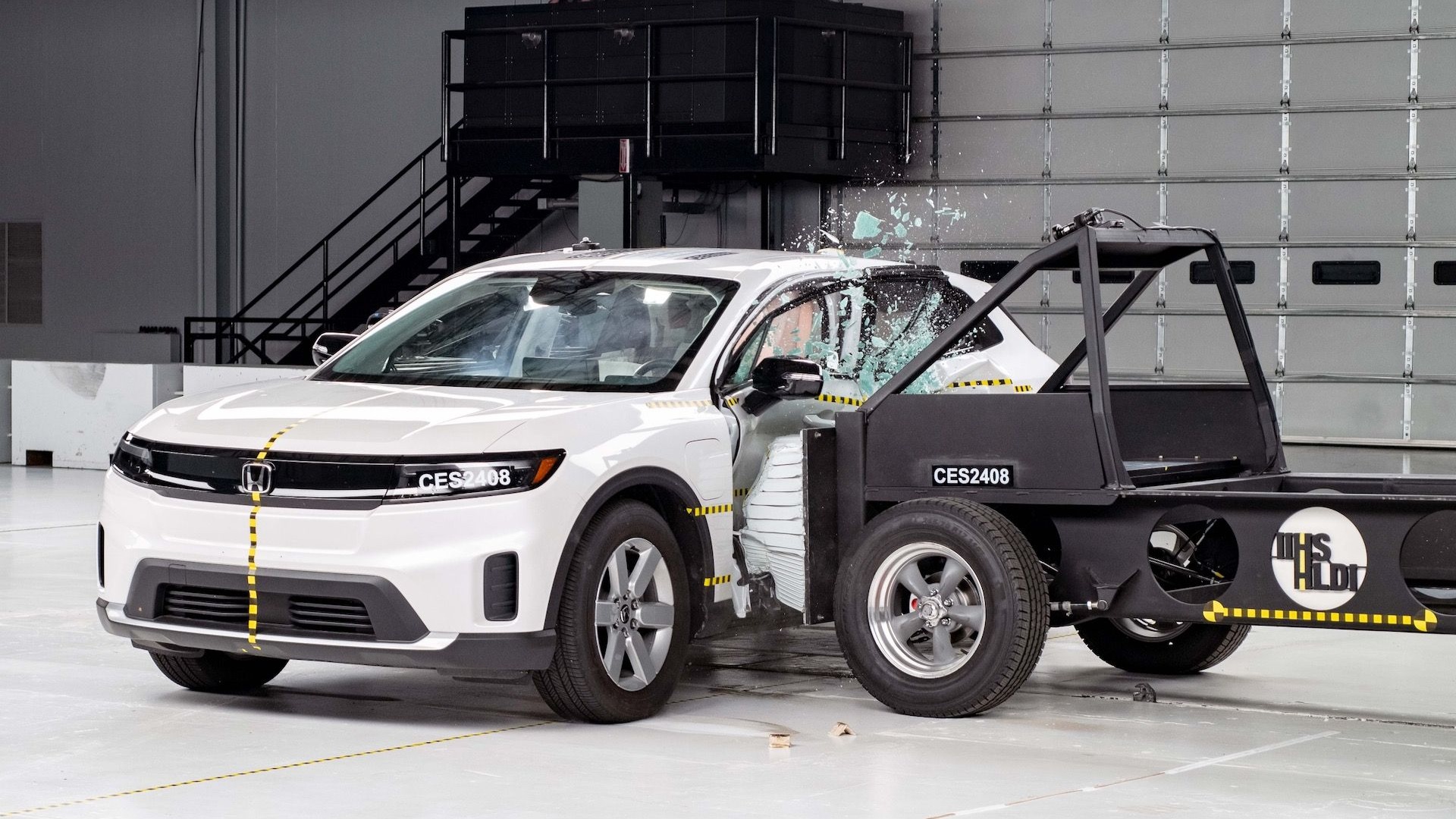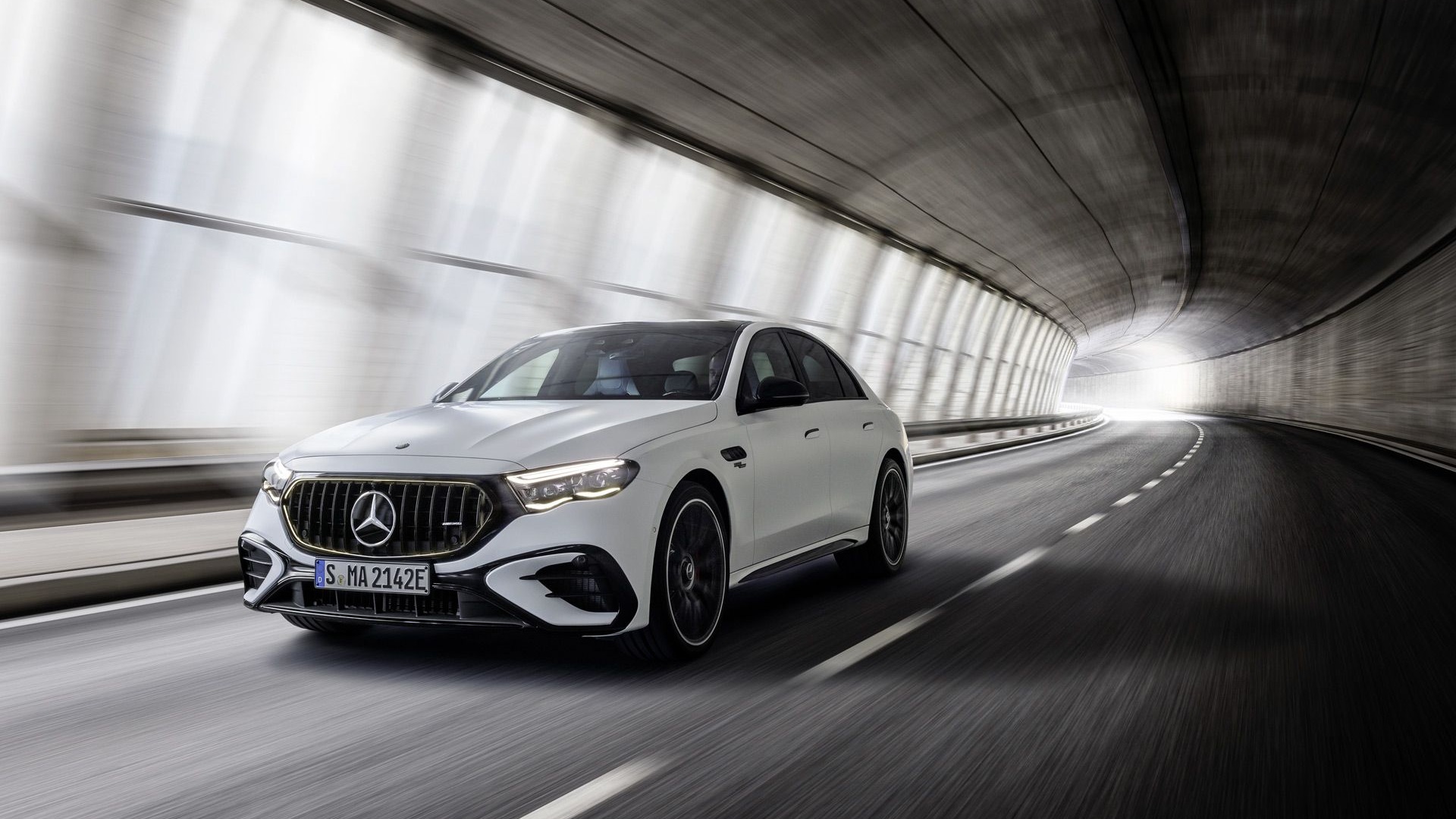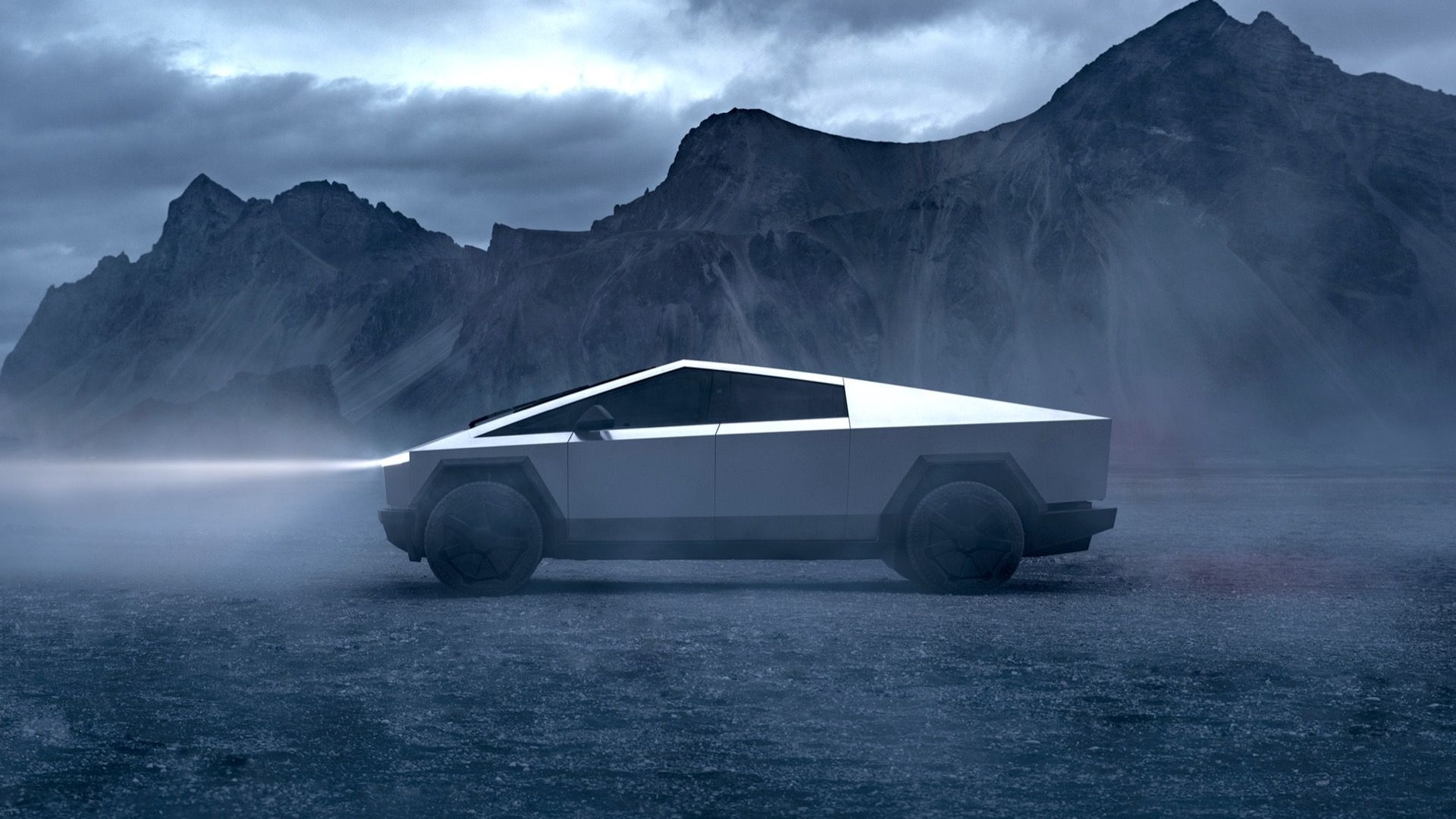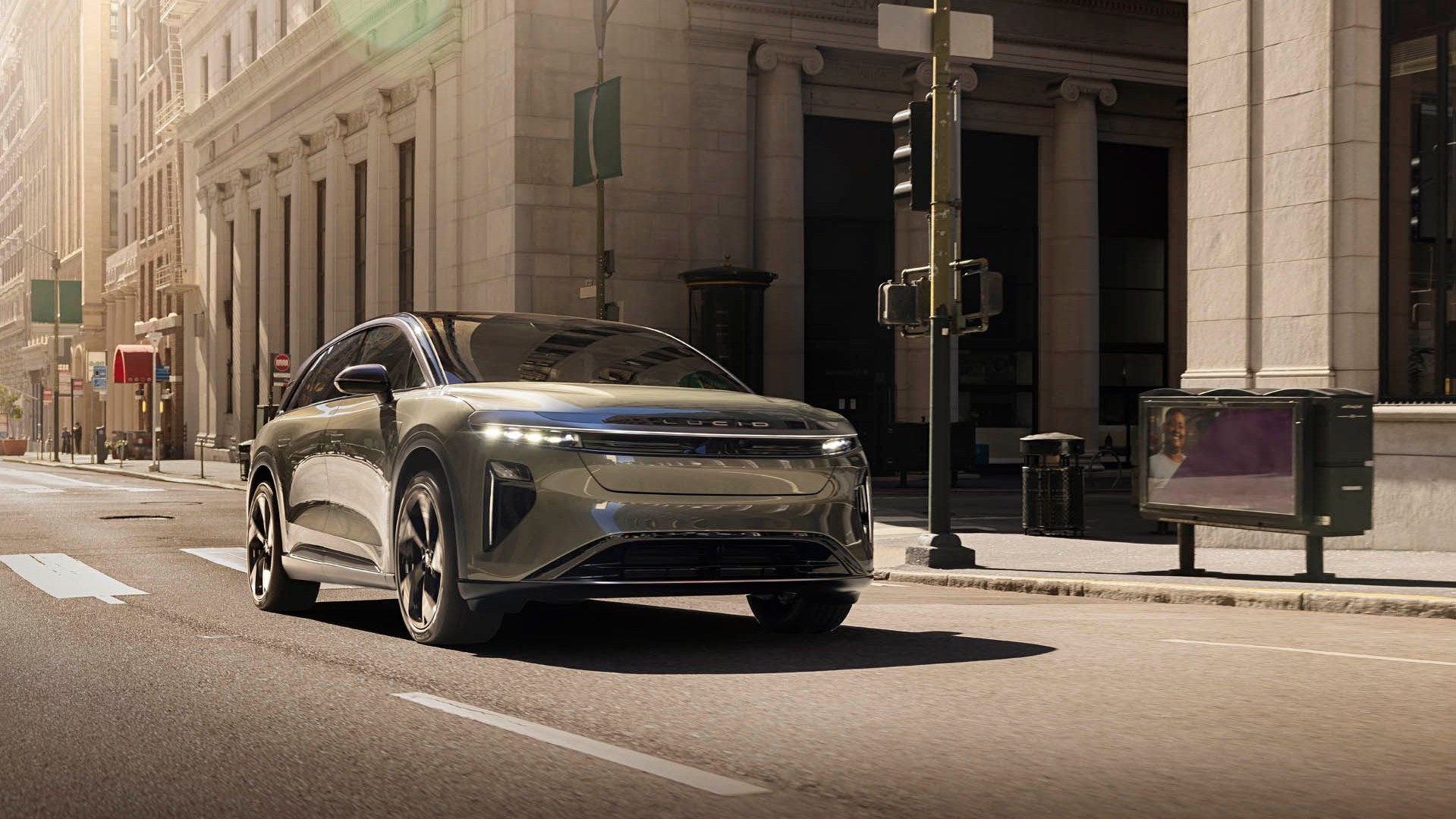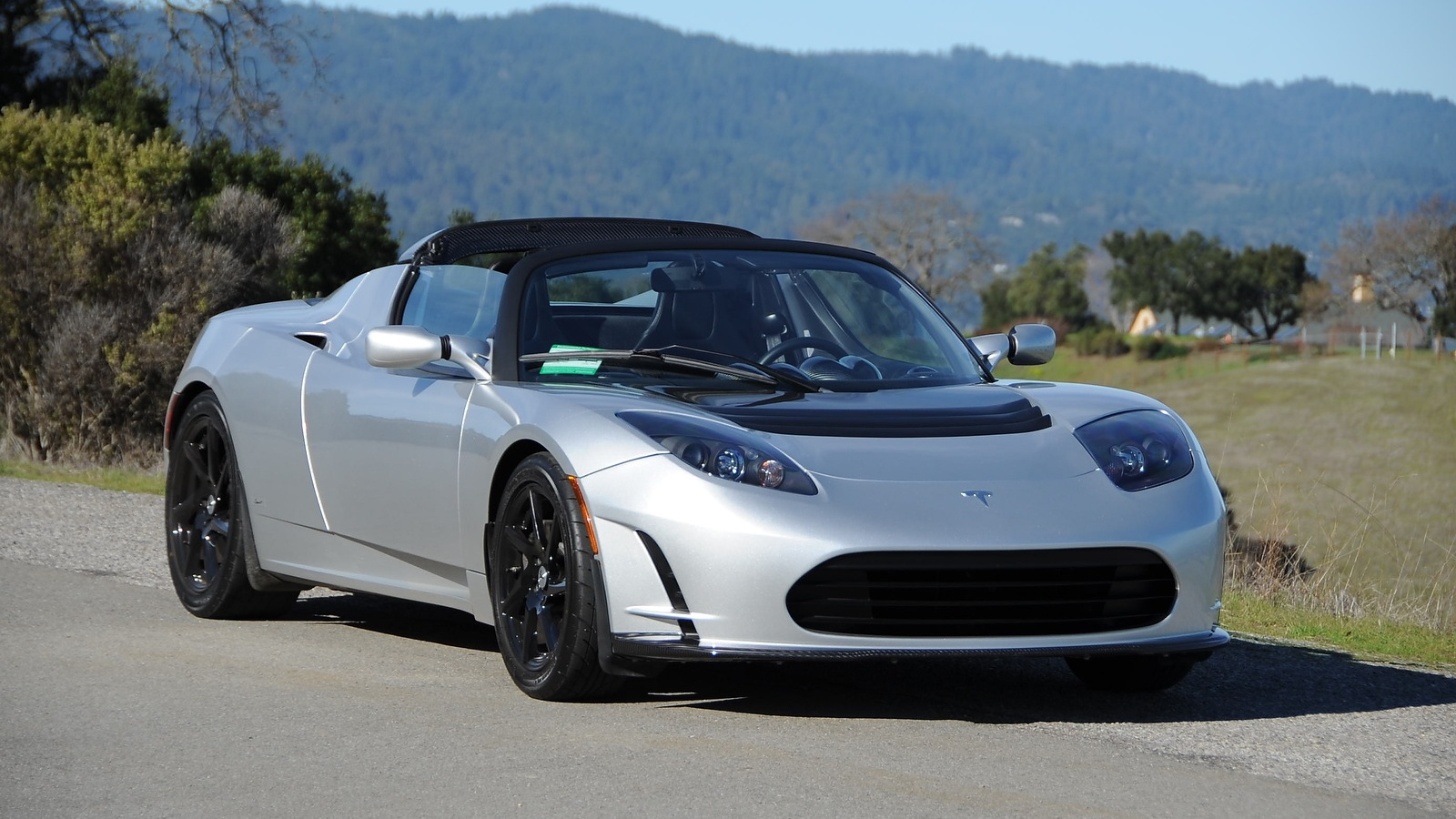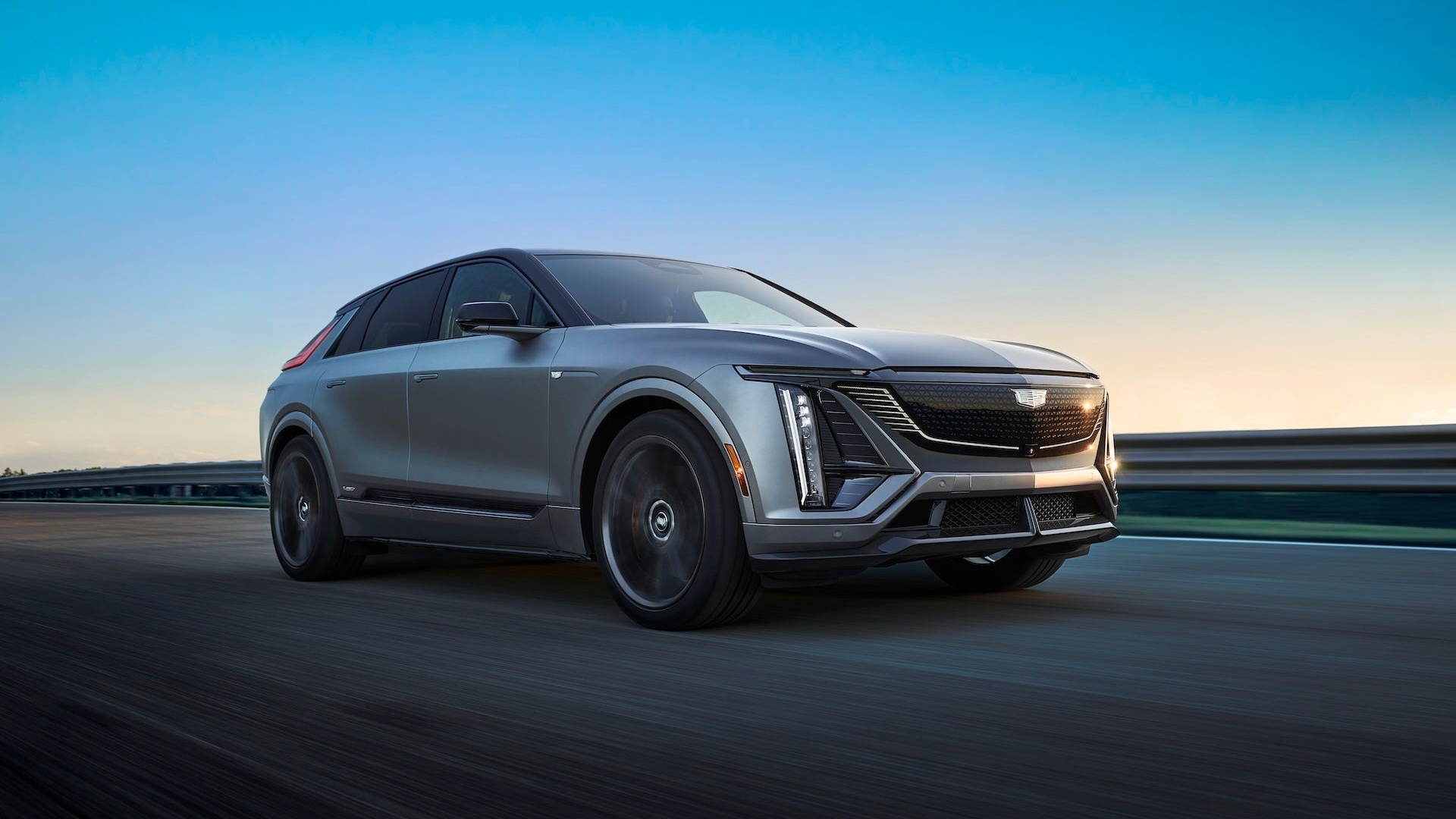As it prepares to go all-electric Jaguar, is cancelling its previously announced EV flagship.
All new Jaguar model introductions will be electric by 2025, the automaker announced in a press release Monday, with the aim of achieving 100% electric sales by 2030. But an all-electric replacement for the Jaguar XJ sedan is no longer part of the plan.
"Although the nameplate may be retained, the planned Jaguar XJ replacement will not form part of the lineup, as the brand looks to realize its unique potential," the automaker said.
The XJ nameplate was a fixture in Jaguar's lineup for five decades, until production ended in 2019. A new all-electric version was due this year and had been promoted as a flagship for the brand with an unconventional design.
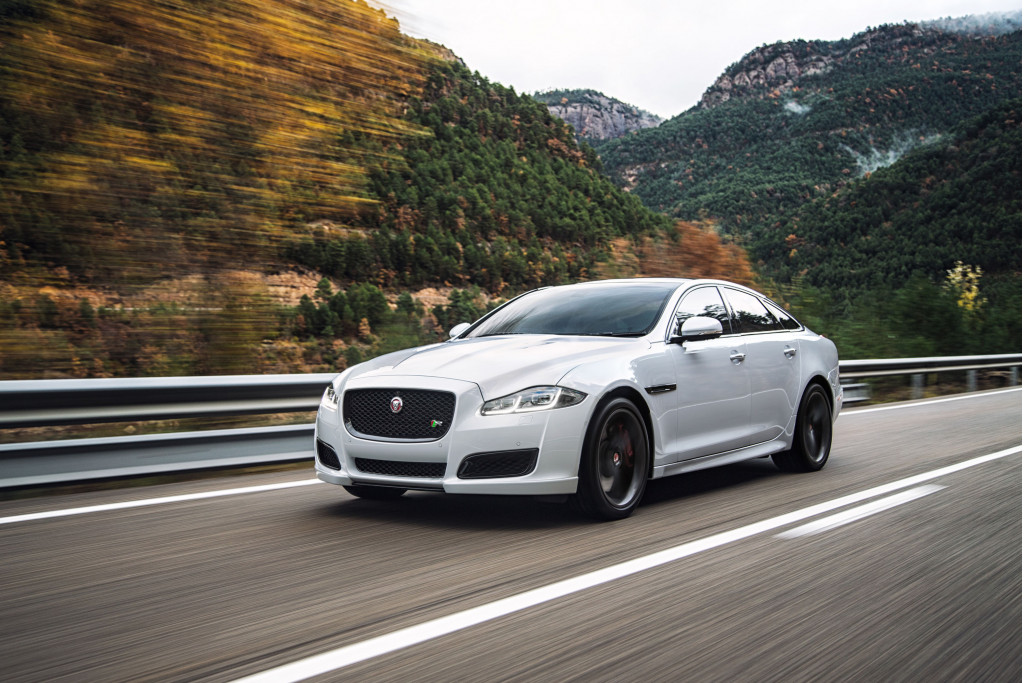
2019 Jaguar XJ
The electric XJ was due to be a rival to the Tesla Model S, and would have been the debut model for a new generation of EVs from Jaguar and sibling brand Land Rover.
However, it's not entirely surprising that the electric XJ has been cancelled.
Earlier this year reports cited inside sources suggesting the company was putting development weight behind big Jaguar J-Pace and Land Rover Road Rover electric SUVs.
The current new-car market overwhelmingly favors SUVs over sedans like the XJ. Jaguar chose to make its first all-electric production model—the I-Pace—an SUV, after all.

Land Rover announces six electric vehicles by 2024
Land Rover has electrification goals of its own. It plans to launch six all-electric models beginning in 2024, and make 60% of its sales electric by 2030. Focusing on projects like the J-Pace and Road Rover—which are expected to share a platform—is a more efficient use of resources than a sedan like the XJ, which would only be sold under the Jaguar brand.
Meanwhile Jaguar Land Rover engineering boss Nick Rogers told Green Car Reports last July that the company was pushing ahead with fuel-cell development, to counter the "diminishing returns" of big batteries in large SUVs.
Rogers underscored that there's real potential for hydrogen fuel-cell tech in something large, like the Land Rover Range Rover. That's something the automaker appears to be following through with.
The same release announcing the electrification goals also mentioned a "long-term investment program" for fuel cells, with prototypes hitting UK roads "within the next 12 months."


